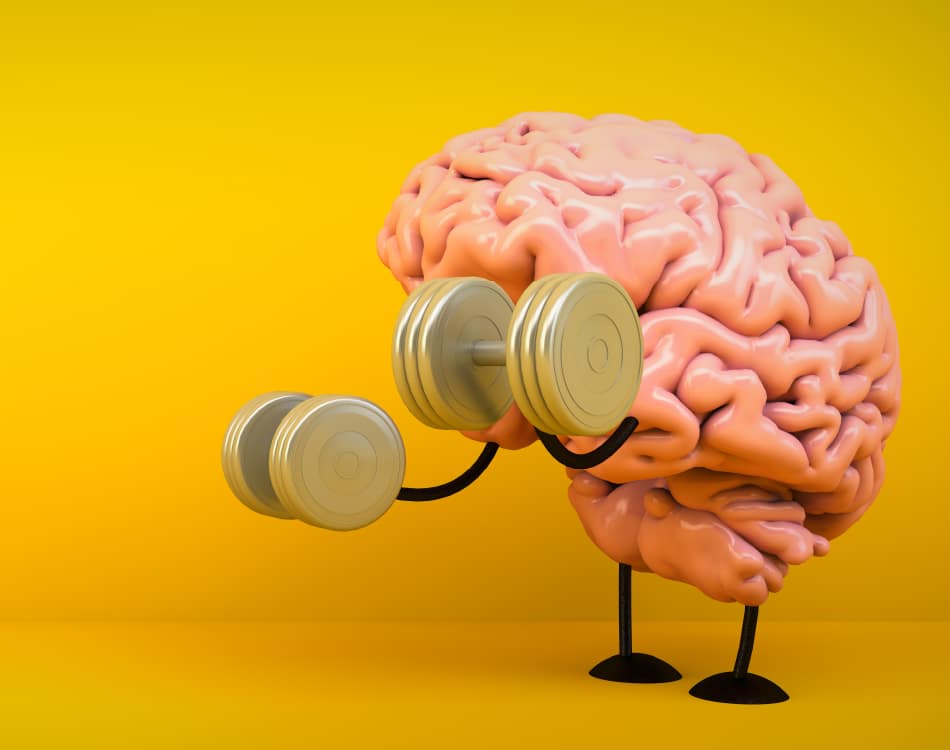The brain-boosting benefits of exercise and regular physical activity are well known and documented, but few studies linked cognitive benefits to weight training.
But much of the scientific research into the cognitive improvements experienced, such as enhanced memory, information processing, mood and learning, relates to aerobic exercise.
READ MORE | Study Finds Regular, Structured Exercise Sufficient To Lower Mental Illness Risk
The brain benefits of cardio
These research studies generally attribute the ability of physical exercise to benefit the brain to its ability to change its structure – its volume and plasticity, for example – and improve its function through neurogenesis – the creation of new brain tissue and connections.
Studies also show how regular aerobic exercise can help to reduce the age-related decline in the brain’s cognitive function by improving the function of both grey matter – the active brain cells – and the white brain matter that connects areas of grey matter together.
READ MORE | Manage Stress And Improve Mental Health With These Supplements
Weighing in on weight training
Very little science pointed to a cognitive benefit from weight training, until now that is. A new study that included data from nearly half a million people contained in the UK Biobank has revealed that muscular strength, measured by handgrip, is a reliable indication of brain health.
The new study showed that on average, stronger people – rated according to maximal handgrip – performed better across tests of brain function, which included reaction speed, logical problem solving, and various memory tests.
The study also showed that the relationships were consistently strong in both people aged under 55 and those aged over 55.
According to lead author Dr Joseph Firth, Research Fellow at NICM Health Research Institute, Western Sydney University and Honorary Research Fellow at The University of Manchester, the study showed that a clear connection exists between muscular strength and brain health.
The research showed that the connections between muscular strength and brain functioning also exist in people experiencing schizophrenia, major depression and bipolar disorder, all of which can interfere with regular brain functioning.
“When taking multiple factors into account such as age, gender, bodyweight and education, our study confirms that people who are stronger do indeed tend to have better functioning brains.”
However, Firth suggests that more studies are required to test if we can improve brain health by doing things that strengthen muscles, such as weight training.
The research paper ‘Grip strength is associated with cognitive performance in schizophrenia and the general population: a UK Biobank study of 476,559 participants’ was published in Schizophrenia Bulletin.















